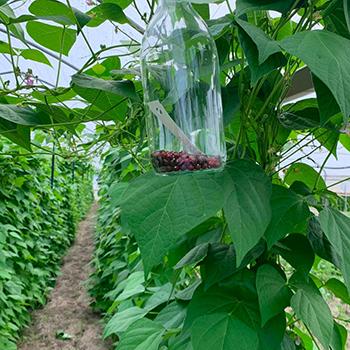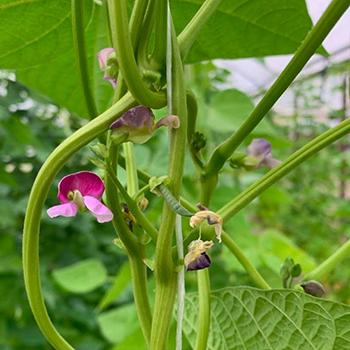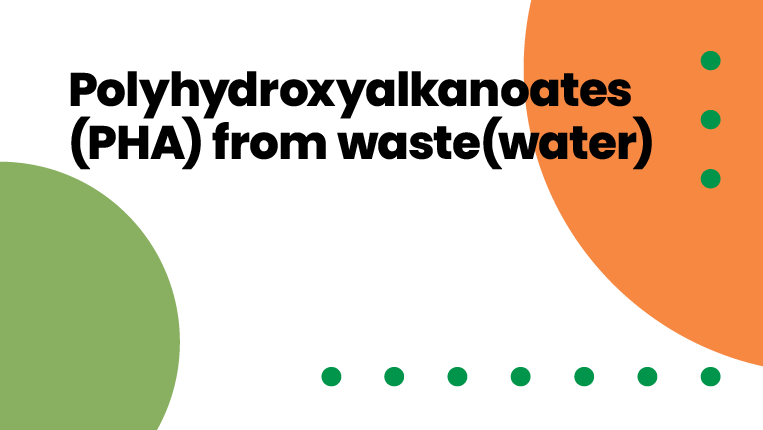Increasing innovation and the cultivation of legumes, continuing the activities carried out within the scope of the LeguCon Consortium, are the main objectives of the LAND project - Integrated approach to promoting legumes and the development of sustainable value chains, coordinated by the Centre for Biotechnology and Fine Chemistry, from the Faculty of Biotechnology (ESB), from the Universidade Catolica in Porto (CBQF/ESB/UCP). A project that also includes the INIAV's Portuguese Plant Germplasm Bank, the University of Galway, in Ireland, and the Social Action Center of Ílhavo.
Through a multidisciplinary strategy, the project, which started in March 2023, aims to contribute to increasing the competitiveness of legumes and to the adoption of the European strategy for the transition to more sustainable agricultural practices and to the promotion of the production of crops rich in alternative protein.
Between 2012 and 2050, increase productivity by 50%
To support the increased demand for nutritious food between 2012 and 2050, agricultural productivity must be increased by 50%. By improving the cultivation, marketing and consumption of legumes, LAND will contribute at different levels to Sustainable Development Goals 3 (quality health), 12 (sustainable production and consumption) and 13 (climate action) and also to COP21 (Paris Climate Conference).
Carla Santos, CBQF researcher and coordinator of this project, explains that “by promoting the use of legumes, agrobiodiversity and sustainable agricultural practices, LAND will have an important impact on the economy and society by improving the quality, adaptation and yield of legumes, increasing the competitiveness of the European agricultural and food sector in line with the policy mix at European Union level.”
LAND will support the key objectives of the EU 2030 strategy:
- 50% reduction in pesticide use and risk (LAND will promote organic farming, conservation farming, etc.);
- at least 20% reduction in fertilizer use (LAND's strong focus on nitrogen-fixing leguminous crops and the projected increase in their cultivation will directly help this objective) and
- 25% of agricultural land to be used for organic farming.
The project is financed by the Foundation for Science and Technology, and the project partners are the Portuguese Plant Germplasm Bank of INIAV, the University of Galway, in Ireland, and the Social Action Center of Ílhavo.
A sustained contribution to the common good
“The project will have wider social and economic impacts, ensuring a sustained contribution to the common good through the conservation and promotion of biodiversity, reducing the negative impact of agriculture on climate change and promoting sustainable and healthy diets”, says the researcher.
LAND, which continues the mission of LeguCon, the unique and innovative consortium in Portugal that promoted the increase in the production of legumes in the country with a participatory approach between science and citizenship, breaks down barriers to the consumption of legumes and promotes the integration of legumes and legume-based products in different value chains.







